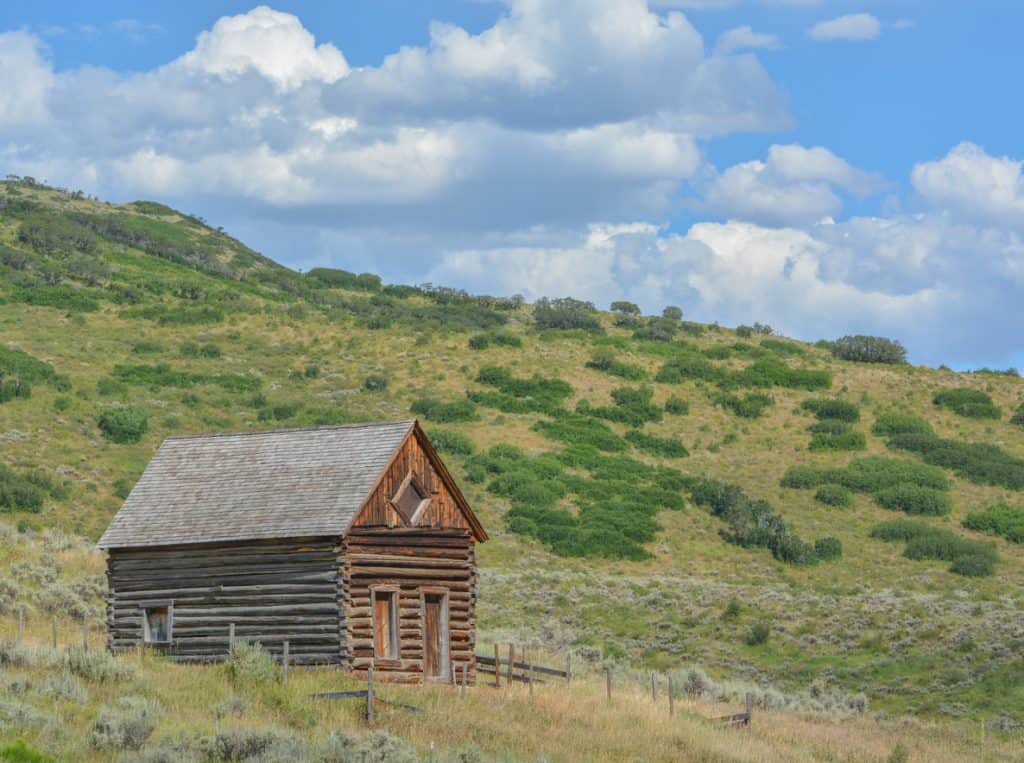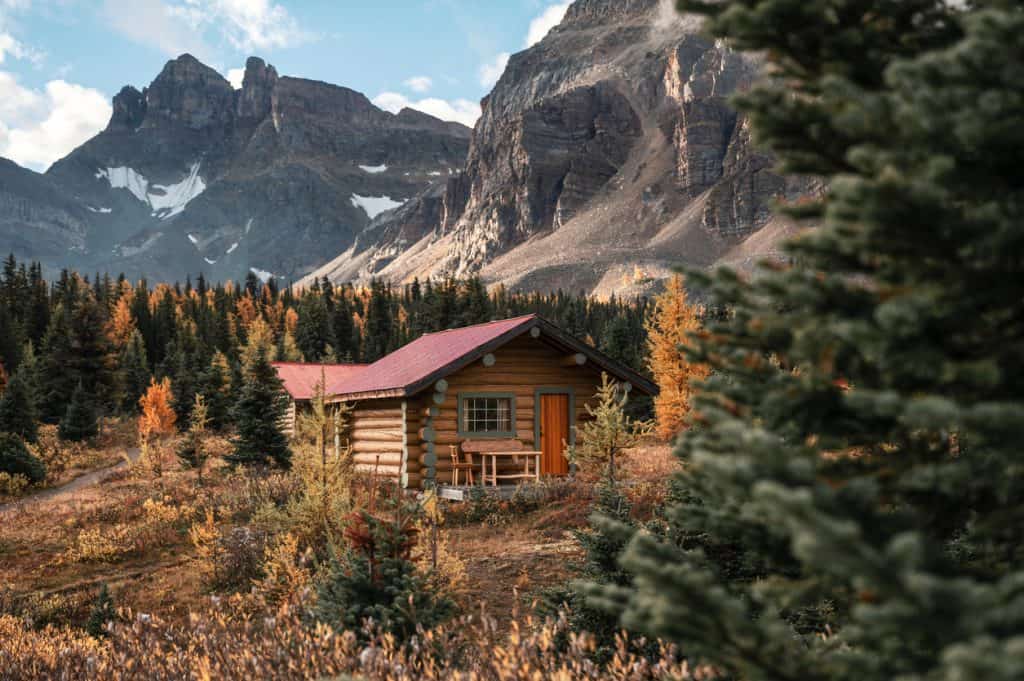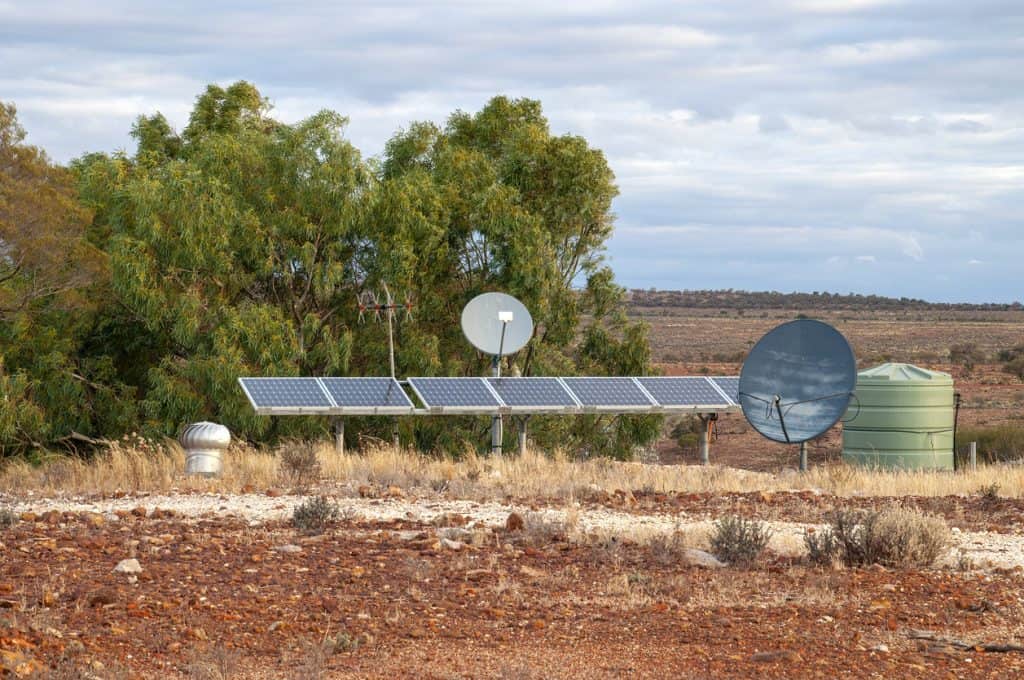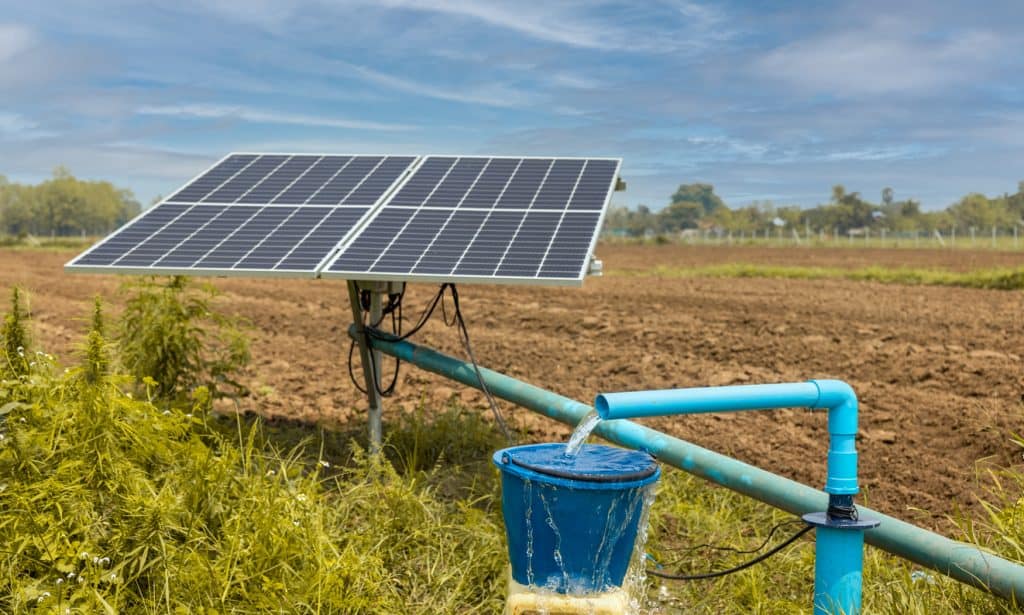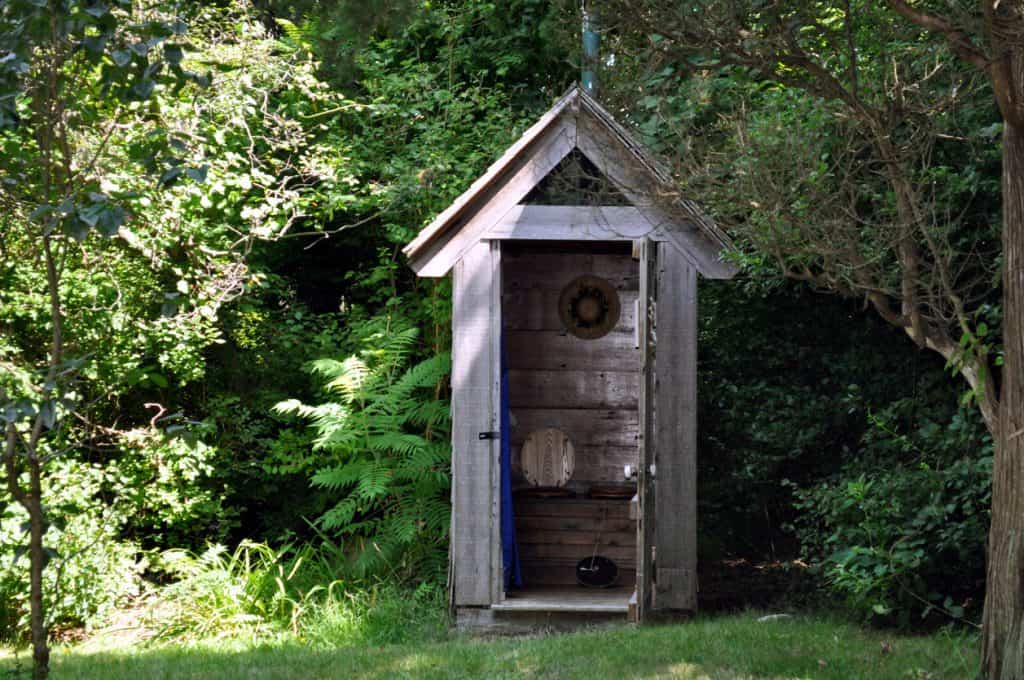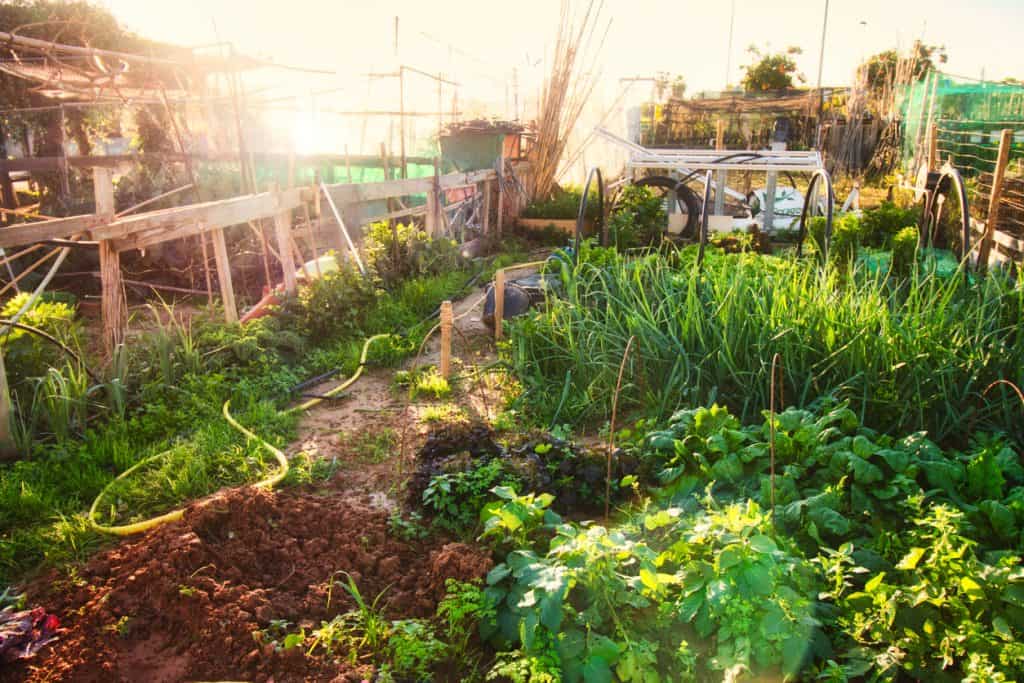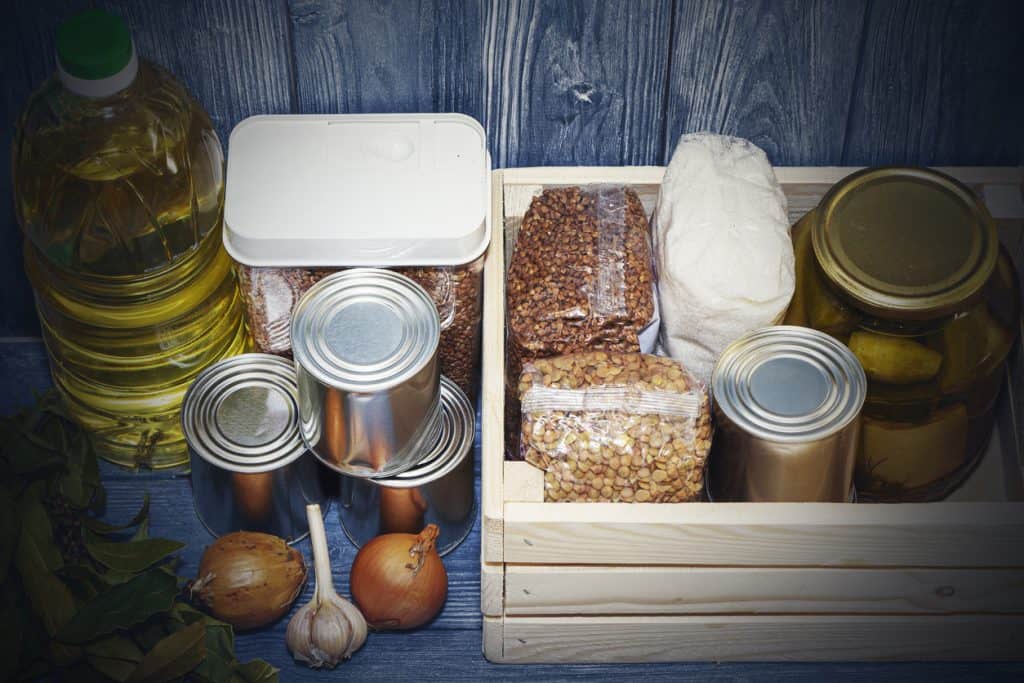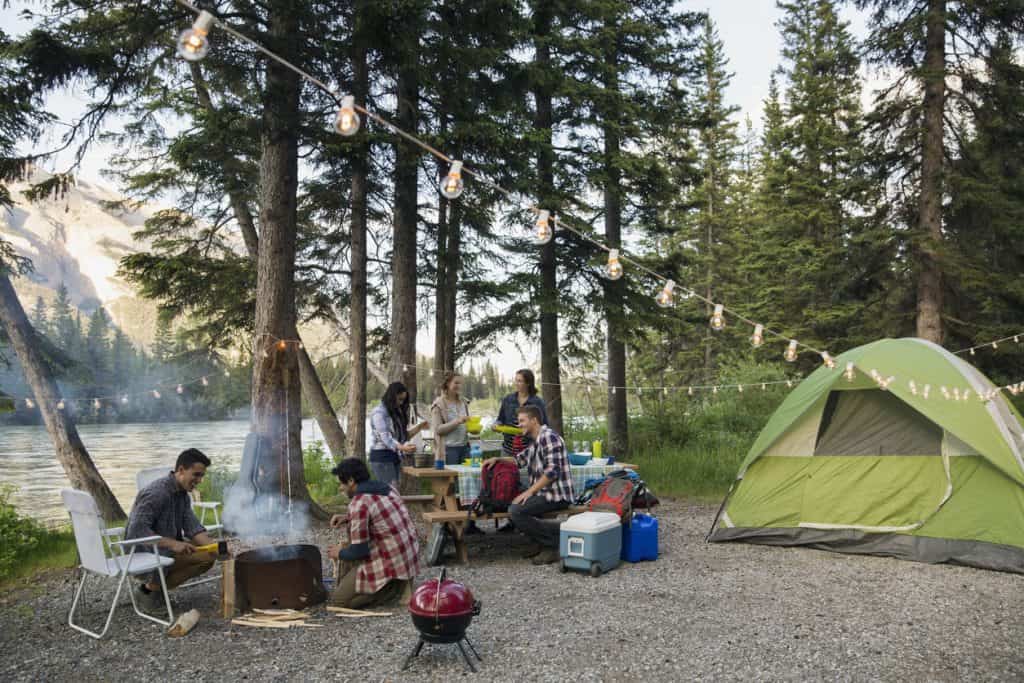Living Off the Grid: A Quick Guide to Self-Sufficient Living
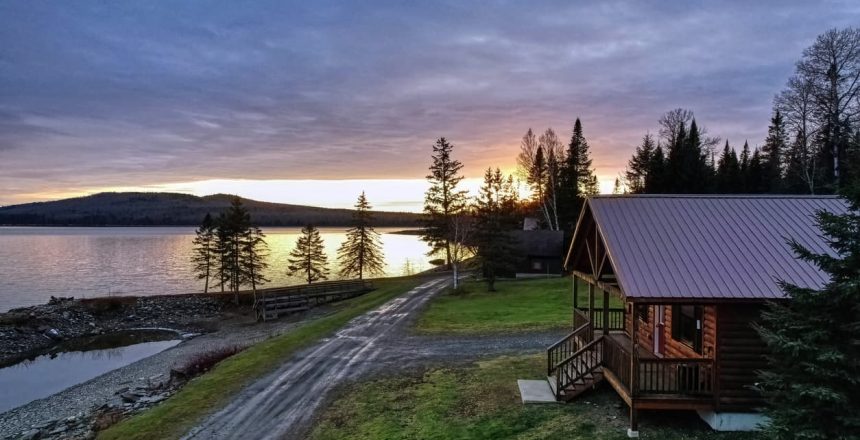
Living Off the Grid: A Quick Guide to Self-Sufficient Living
Introduction: The Joy of Independence
Living off the grid is an increasingly popular lifestyle choice for those seeking independence, freedom, and self-sufficiency. Many people are drawn to this way of life for its potential to lower living expenses, foster a closer connection to nature, and get away from modern-day living. In this article, we will explore the various aspects of living off the grid and offer insights to help you succeed in your pursuit of a more sustainable and fulfilling life.
Section 1: Defining Off-the-Grid Living
Off-the-grid living is a lifestyle that does not rely on public utilities such as electricity, water, and sewage systems. Instead, individuals and families generate power, collect water, and manage waste independently. This self-sufficient approach can be achieved through various means, including solar and wind power, rainwater harvesting, and composting toilets.
Section 2: Finding the Perfect Location
The first step in successfully living off the grid is finding a suitable homestead location. Factors to consider when searching for land include:
- Climate.
- Access to resources such as water and arable soil.
- Proximity to essential services like medical care and educational facilities
It is also important to research local laws and zoning regulations, as they may impact your ability to live off the grid in a particular area.
Section 3: Building Your Off-Grid Home
Once you have secured the perfect location, it is time to design and construct your off-grid home. Many off-grid dwellers use alternative building methods such as straw bale, cob, or earthbag construction to create energy-efficient and sustainable homes. Incorporating passive solar design, airtight insulation, and efficient heating and cooling systems can increase your home’s energy efficiency and reduce your reliance on non-renewable resources.
Section 4: Powering Your Off-Grid Lifestyle
A critical aspect of living off the grid is generating electricity. Several options exist, including solar panels, wind turbines, and micro-hydro systems. Each renewable energy source has unique pros and cons, advantages and disadvantages, and the best choice will depend on your specific needs, location, and budget. In addition to generating power, you will need to store it in batteries for use when renewable resources are unavailable.
Section 5: Off-Grid Water Management
Access to clean, potable water is essential for off-grid living. Several methods exist to obtain water, including drilling a well, tapping into a natural spring, or harvesting rainwater. Proper filtration and treatment systems must be in place to ensure the water is safe for consumption and use in your home. Additionally, implementing water conservation measures can reduce the water needed and minimize the strain on your water resources.
Section 6: Waste Management and Sanitation
Effective waste management and sanitation are crucial for maintaining a healthy, environmentally friendly off-grid lifestyle. Composting toilets are a popular choice for most off-grid dwellers, as they require little water and produce valuable compost that can be used in your garden. Greywater recycling systems can also be implemented to reuse water from showers, sinks, and laundry for irrigation and other non-potable uses.
Section 7: Growing Your Own Food
One of the most rewarding aspects of living off the grid is the ability to grow your food. Creating a garden, orchard, or small-scale farm can provide you with fresh, organic produce and reduce your reliance on store-bought goods. Raising livestock, such as chickens, goats, or rabbits, can also supplement your diet with protein and other essential nutrients. When planning your off-grid food production, consider factors such as crop rotation, companion planting, and natural pest control methods to ensure a healthy and bountiful harvest.
Section 8: Preserving and Storing Food
Proper food preservation and storage techniques are crucial for maintaining a self-sufficient lifestyle. Methods such as canning, dehydration, fermentation, and root cellaring can help extend the shelf life of your homegrown produce and reduce food waste. Stocking up on non-perishable pantry staples, such as grains, beans, and dried fruits, can also provide a reliable food supply during leaner times or in case of emergency.
Section 9: Off-Grid Healthcare and Safety
Living off the grid often means being farther away from medical facilities and emergency services. Developing a solid understanding of basic first aid, natural remedies, and preventive healthcare measures is essential. Assembling a well-stocked first aid kit and maintaining a supply of essential medications can help prepare you for medical emergencies. Investing in safety equipment such as fire extinguishers, smoke detectors, and weather radios can help protect your off-grid home and family.

Section 10: Building a Supportive Off-Grid Community
Although living off the grid can be an isolating experience, building connections with like-minded individuals and forming a supportive community can enhance your off-grid lifestyle. Networking with neighbors, participating in local events, and joining online forums can help you share resources, knowledge, and camaraderie. These connections can prove invaluable in times of need or when facing challenges unique to off-grid living.
Conclusion: Embracing the Off-Grid Journey
Living off the grid is a rewarding and fulfilling lifestyle that offers numerous benefits, including independence, self-sufficiency, and a closer connection to nature. By carefully planning and implementing the various aspects of off-grid living discussed in this guide, you can successfully embark on your journey toward a more sustainable and self-reliant life.

